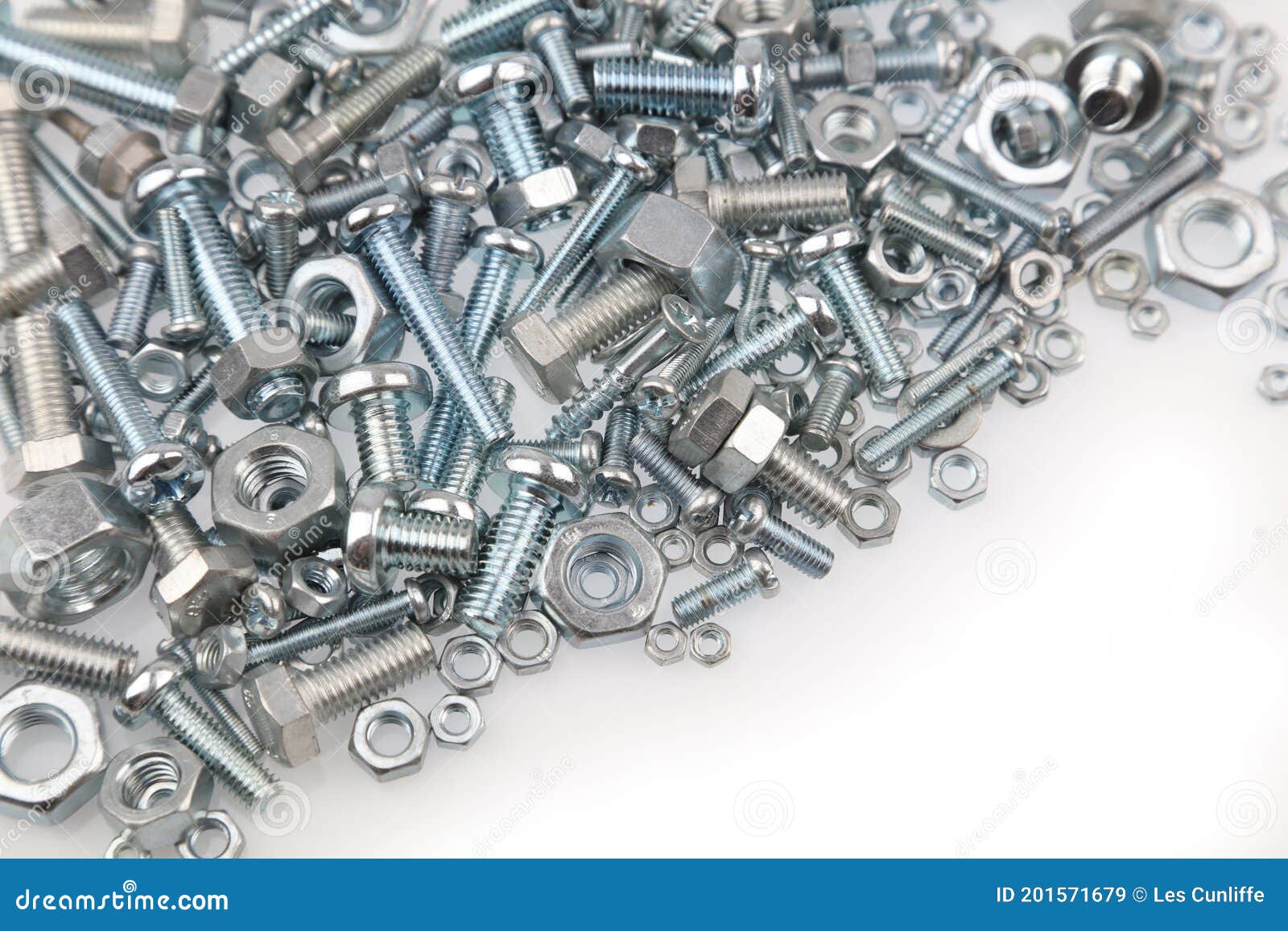The Insider's Guide to the Fastening Industry
In the world of construction, production, and DIY projects, nuts and bolts are the essential components that hold everything together. Whether you're putting together home decor, fixing a vehicle, or starting a renovation task, understanding the different types of hardware and their applications is crucial. This expert guide will take you through A Comprehensive Overview of Various Types of Nuts and Bolts, clarifying the fundamentals and helping you explore the vast landscape of fasteners.
From the most popular types of bolts and their intended purposes to the nuances of nutted varieties and roles, we aim to simplify the intricacies of this essential industry. You will learn to identify the best fasteners for industrial-strength construction jobs, examine how to choose the right hardware and bolt for materials like wood and metal, and understand the role of fasteners in various applications. With a comprehensive look at substances, finishes, and specialty hardware, this guide will arm you with the knowledge you require to choose correctly, be you a experienced professional or a weekend warrior tackling your initial DIY task.
Varieties of Fasteners and Bolts
Nuts and bolts are vital components in many industries, providing the critical linkages for numerous applications. https://pichestan.com/ are typically used to join objects together, while nuts serve as the counterpart to these fasteners, ensuring a secure grip. Comprehending the variances between various types of bolts, such as hex, invitation and fast bolts, is important for selecting the suitable bolt for your individual needs. Each screw type is designed for particular applications, making it vital to pick carefully based on the project's needs.
When it comes to nuts, there is a wide range of options to choose from, including regular fasteners, locking fasteners, and washer fasteners. Common fasteners are commonly used in various applications, while locking nuts provide additional security by preventing loosening due to shaking. Flange fasteners include a integrated washer-type base, which distributes the load more evenly and helps reduce the risk of harm to the materials being secured. Knowing these differences will help you determine which fastener best fits your chosen bolt type.
In addition to the common types, specialty bolts are offered for specific applications. These include security bolts that are anti-tamper and polymer lock nuts that incorporate synthetic inserts to provide more protection against loosening. Furthermore, foundation bolts are essential for holding structures to foundations, while wedge bolts offer enhanced holding power in different materials. By acquainting yourself with these types of fasteners and bolts, you can guarantee that your bolt choices are both successful and reliable.

Materials and Coatings
When it comes to fasteners and screws, the choice of material significantly impacts their functionality and longevity. Iron is one of the most commonly used materials due to its toughness and affordability. Within the steel category, there are various grades and variations, including carbon alloy and alloy steel, each suitable for varied applications. For tasks requiring light yet strong fastening solutions, tita is an outstanding choice, offering resistance to rust and extreme temperatures. On the other hand, bronze provides excellent rust protection and is commonly utilized in electrical applications.
Coatings play a crucial role in enhancing the longevity of fasteners and screws, particularly in conditions prone to humidity or chemicals. Zinc plating is one of the most common finishes, offering a safeguarding barrier against rust and degradation. It's important to distinguish between zinc-coated and hot-dipped fasteners, as galvanized screws undergo a stricter coating process, improving their resistance to the elements significantly. Grasping these variations is crucial for selecting components that will maintain their integrity over time.
In addition to defensive coatings, the surface treatment of nuts and screws can affect their grip characteristics and overall functionality. Specialty coatings, like those found on rust-resistant fasteners and bolts, can further enhance functionality in specific environments, such as outdoor construction or marine conditions. When choosing fastening components for particular tasks, considering both the material and coating can lead to optimal durability and reliability in the use.
Buyer Guides and Analyses
When selecting fasteners, understanding the distinctions between metric and imperial system systems is essential. The metric fasteners are measured in mm and are frequently used in European and Asian-based products, whereas imperial fasteners use inches and are prevalent in North America. This distinction can influence your project dramatically, notably if you have to substitute or correspond current fasteners. Spend the time to determine which system is fitting for your needs and verify that you have the right tools to gauge both types correctly.
Accurately measuring nuts and bolts precisely is key to a successful installation. The major parameters to consider include width, overall length, and thread pitch. For bolts, you will must measure the shank diameter and the length from the base of the head to the tip of the bolt. For nuts, make sure that the internal size matches the bolt's shaft size for a secure fit. With proper measuring techniques, you can dodge compatibility issues that may cause project delays or failures.
Quality fasteners can be crucial the longevity and reliability of your projects. Seek out reliable brands that provide concise specifications regarding their products' quality ratings and material makeups. A bolt strength analytical chart can help you grasp which types of bolts are best suited for heavy-duty applications versus lighter tasks. Additionally, familiarize yourself with the vocabulary in a nuts and bolts glossary to ensure you choose the right fasteners for your individual purposes, whether for construction, automotive repairs, or home improvement projects.